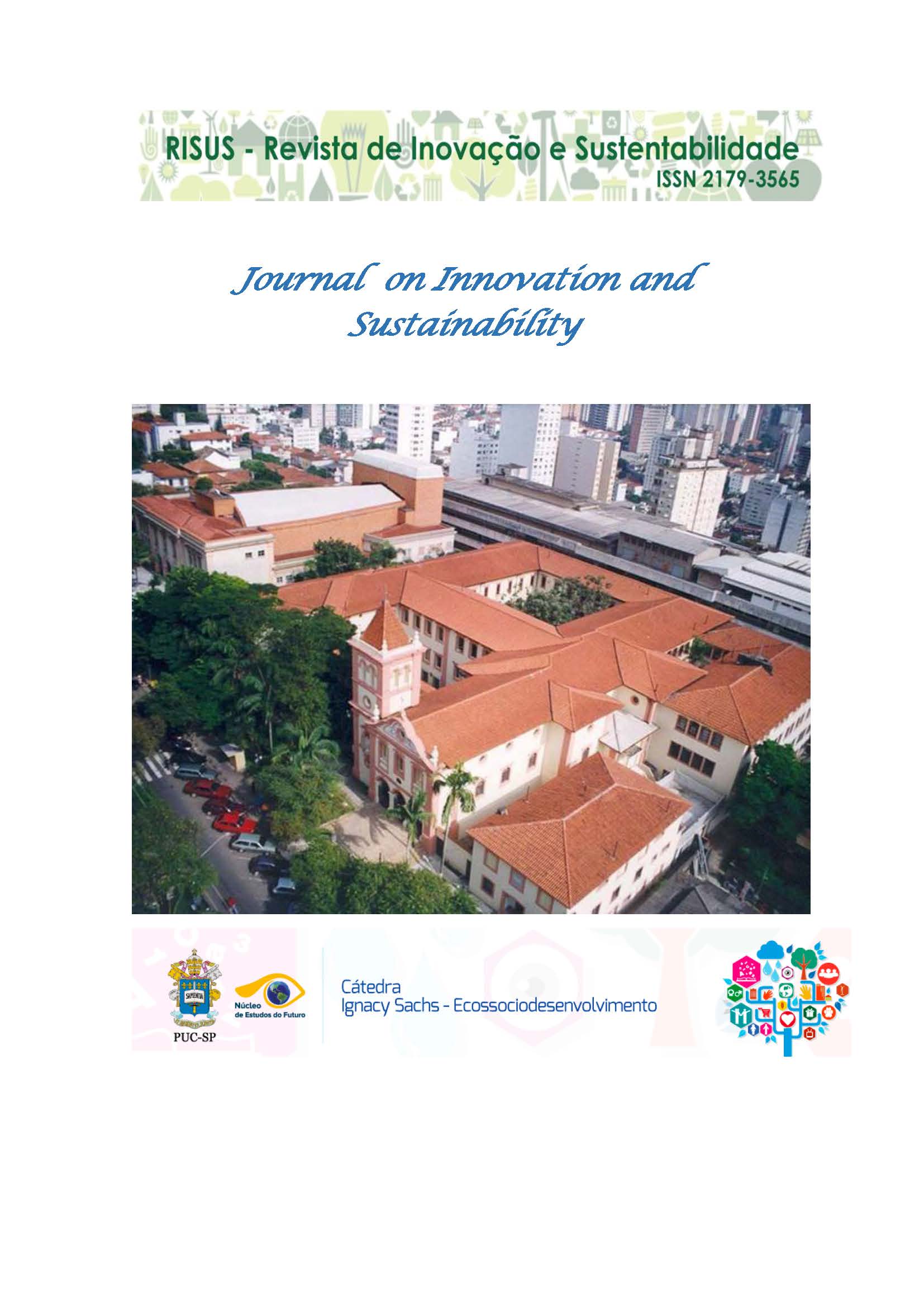BRICS and the pandemic
relations and structural negationism
DOI:
https://doi.org/10.23925/2179-3565.2023v14i1p104-112Keywords:
Neo-regionalism, BRICS, Pandemia, Globalization, Dynamics of Regional IntegrationAbstract
The present article has as attributes of investigation, the continuation of the dialogue of Toni Junior (2014) on globalization and BRICS tendencies, regarding two aspects: the neo-regionalism mentioned by Hurrell (1995), where it shows the resurgence of regionalism in the world politics, where the strongest hold the hegemony, as well as the particularities of these nations so far from the cultural, economic and technical progress reality it is doing to curb the spread of Sars-Covid 19 at this time, which has been done to date and its development during the year 2020, by showing opposite realities between nations and their reality and which is fundamentally the guiding principle that keeps the bloc, given the discrepancies and governmental changes in the countries that compose it in the new world order of regional blocs based on the new world neo-regionalism and its real effectiveness in aid and economic and social cooperation between nations at this time where the world “stopped” due to a virus.
References
BUENO, C., RAMANZINI JÚNIOR, H, VIGEVANI, T. (2014) Uma Perspectiva de Longo Período sobre a Integração Latino-americana Vista pelo Brasil. Contexto Internacional, v. 36, n. 2. Julho/Dezembro 2014, pp. 549- 583.
CAETANO, G.( 2007) El Mercosur en el cruce de caminos. In Cuadernos del Cendes, vol. 23, nº 63. Caracas: dic. 2006. (p. 27-57).
HURRELL, A. (1995) O ressurgimento do regionalismo na política mundial. Contexto Internacional, vol. 17, nº 1. Rio de Janeiro: IRI/PUC-Rio, janeiro-junho 1995.
LEAL, L. N. (2013)Inclusão digital no país chega a menos de 50%, diz IBGE. Disponível em: https://exame.abril.com.br/tecnologia/inclusao-digital-no-pais-chega-a-menos-de-50-diz-ibge/2/. Acesso: 19 set. 2019
MALAMUD, A., SOUSA, L. de. (2005) Parlamentos Supranacionais na Europa e na América Latina: Entre o Fortalecimento e a Irrelevância. In Contexto Internacional, vol. 27, no 2. Rio de Janeiro: PUC, julho/dezembro 2005. (p. 369-409)
MOREIRA, I. (2021) Brasil Atrasa Pagamento e Perde do Poder de Voto no Banco do Voto no Banco do BRICS. Revista Economia. 2021. Disponível em: https://valor.globo.com/brasil/noticia/2021/01/05/brasil-atrasa-pagamento-e-perde-parte-do-poder-de-voto-no-banco-do-brics.ghtml. Acesso: 07. jan. 2021.
NERY, Marcelo. O IDH percebido. Disponível em:https://bibliotecadigital.fgv.br/dspace/bitstream/handle/10438/24349/O-IDH-Percebido.pdf. Acesso: 12. Set.2019
Organização Mundial da Saúde (OMS) (2021) Organização Pan-Americana de Saúde. Folha Informativa COVID19- Escritório da OPAS e da OMS no Brasil. Disponível em: https://www.paho.org/pt/covid19. Acesso: 09. jan. 2021
TONI JUNIOR, C. (2-10) N. Análise do IDH do Brasil, de suas regiões e de outros países: um enfoque comparativo. 166 f. 2010. Dissertação (Mestrado em Engenharia de Produção ) - Universidade Federal de São Carlos, São Carlos, 2010.
TONI JUNIOR, C. N. (2014) Globalização e Tendências do Desenvolvimento Humano do Bloco dos Países do BRICS. Revista GeoAtos. Publicado, v.2. n.14. Universidade Estadual Paulista “Júlio de Mesquita Filho”, campus Rio Claro. São Paulo. 2014.
TONI JUNIOR, C. N. (2013) Análise de indicadores metodológicos de sustentabilidade socioambiental. 273 f. 2013. Tese (Doutorado em Geografia). - Universidade Estadual Paulista “Júlio de Mesquita Filho”, Rio Claro, 2013.
TONI JUNIOR, C. N. (2019a) Geotecnologias aplicadas ao índice de felicidade da região metropolitana de São Paulo. e ISBN: 978-85-7993-818-4. Autores/Organizadores: Claudio Noel de Toni Junioe e Magda Adelaide Lombardo. Pedro e João Editores. São Carlos.
TONI JUNIOR, C. N. (2019b) Análise socioambiental da região metropolitana de Ribeirão Preto: bem estar e felicidade: Eisbn: 978-85-7993-819-1. Autores/Organizadores: Claudio Noel de Toni Junior e Magda Adelaide Lombardo. Pedro e João Editores. São Carlos.

Downloads
Published
Issue
Section
License
This Journal is licensed under a Creative Commons Attribution-Non Commercial-No Derivers 4.0 International license.
1.The author (s) authorize the publication of the article in the journal;
2.The author (s) warrant that the contribution is original and unpublished and is not in the process of being evaluated in other journal (s);
3. The journal is not responsible for the opinions, ideas and concepts emitted in the texts, as they are the sole responsibility of its author (s);
4. The editors are entitled to make textual adjustments and to adapt the articles to the standards of publication.

